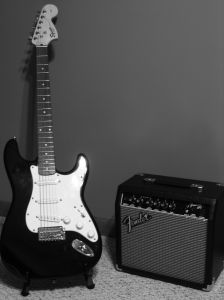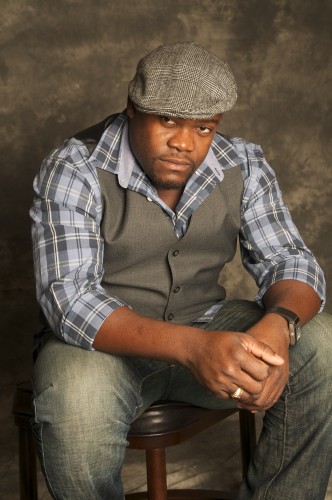10 Reggae Chord Progressions pdf |
What is Reggae Jazz?Learn the secrets of how to jazz up your reggae playing! Reggae Jazz is not that dissimilar to traditional reggae. The major difference is the chords used; for example, a Bm7/Bm9 instead of a Bm. Reggae musicians over the years have always used jazz chords, so their use in reggae is not new. For reggae to be classified as reggae jazz though, a significant amount of the chords used in a song or instrumental have to be jazz related chords. There are exceptions to this of course and one such exception is the use of different scales (minor pentatonic and all the modes and other scales you can think of) over normal reggae chords. The difference between a normal reggae sound and that of a reggae jazz sound should not be subtle but very obvious, and this is what the change in chords and the use of different scales do. Check out Ernest Ranglin’s Surfing album for a good example of this. While you are at it, check out also Lee Ritenour’s and Maxi Priest's version of Marley’s Waiting In Vain from the album A twist of Marley – you will love it! Here are some examples of normal reggae chords and some corresponding reggae jazz ideas you could try. Remember
these are just examples, do feel free to experiment. Please note that Bm means B minor and Gmj means G major. Normal Reggae Reggae Jazz Bm – E9 – Gm – F#m Bm7/m9 – E9 – Gmj7 – F#m9 Cmj – Dm – Em Cmj7 – Dm9 – Em9 Cmj – Am – Dm – Gmj Cmj7 – Am9/m7 – Dm9 – Gmj7/G7 Instruments The traditional jazz instruments will also work for reggae jazz and really isn’t anything to lose sleep over. A Telecaster or a Stratocaster will work just fine for guitar when dialled in correctly with your amp. For bass you can not go wrong with a Fender Jazz. Because keyboards mainly give a digital sound you can basically use any good keyboard on the market. The normal drums used for reggae will also work for reggae jazz. You can also incorporate any other instruments or percussion you may feel necessary. In fact reggae jazz is largely underdeveloped and the more experimentation that is carried out the better it is for the development of this musical form. The tone While I am aware that tone is personal and very subjective, the traditional tone for straight on jazz can also be applied to reggae jazz. What you are after is a warm dark tone. So you could start by rolling back the tone on your lead instruments. For the guitar, try using the neck pickup for a warmer feel. Set amps to give a clean sound with a touch of reverb. A JC-120 or Fender Twin Reverb will be all the amp you’ll ever need. However, if you are strapped for cash, you could try a Fender blues Junior or Even a Roland Cube 60 (I have owned both, the Blues junior is the best but the Roland is good too and they now have a cube 90). If you are having trouble getting the sound, listen to some reggae jazz and try to copy the sound you hear or you could even listen to one of your favourite Jazz CD’s and try to get the sound from that. Tone should not be a very big issue, as over time you will start to develop your own sound anyway. If these simple but effective ideas are used correctly, they will definitely add that twist to your playing! For more reggae jazz chords
|
| HOW TO PlAY REGGAE
HOW TO PLAY SKA
TYPES OF REGGAE
|
Copyright 2009-2018 How-To-Play-Reggae.com. All rights reserved. No reproduction permitted without permission.


 Delicious
Delicious Twitter
Twitter Technorati
Technorati Stumbleupon
Stumbleupon Facebook
Facebook Digg
Digg